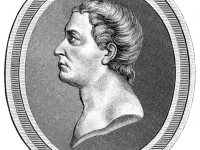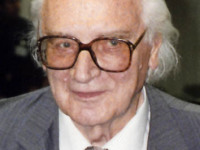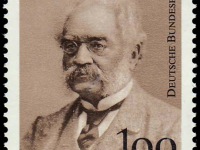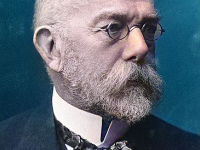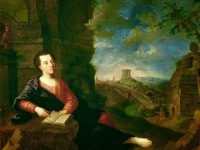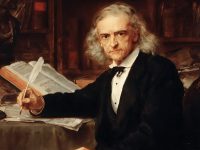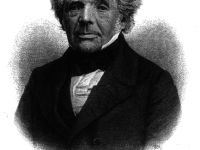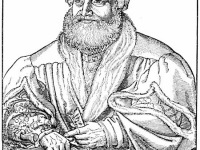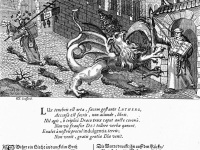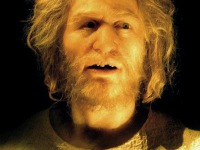Carl Wilhelm Scheele and the Discovery of Oxygen
On December 19, 1742 (Gregorian Calendar), Swedish Pomeranian pharmaceutical chemist Carl Wilhelm Scheele was born. Scheele is best known for his discovery of oxygen and other chemical elements. Early Years Carl Wilhelm Scheele was born in Stralsund, which was back then under the control of Sweden, but belongs to Germany on this day. During his childhood, friends of the family taught him reading prescriptions and equipped him with further chemical knowledge. At the…
Read more

